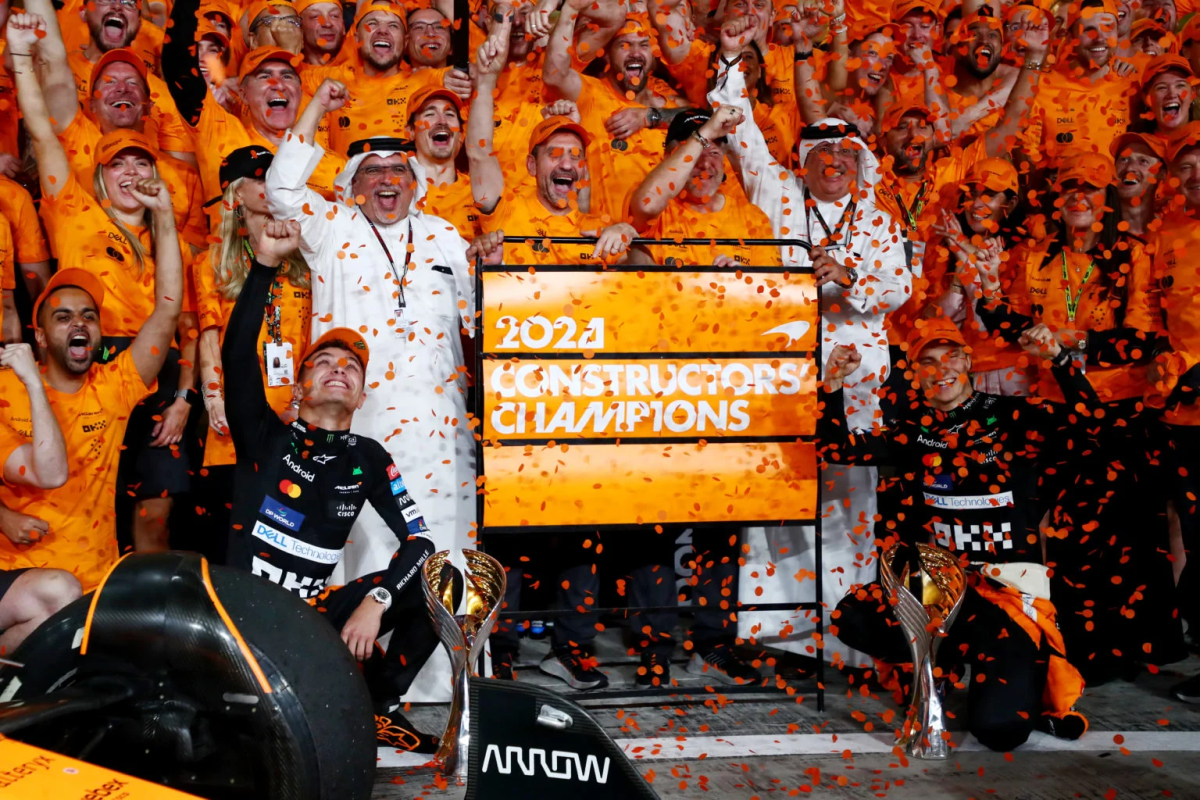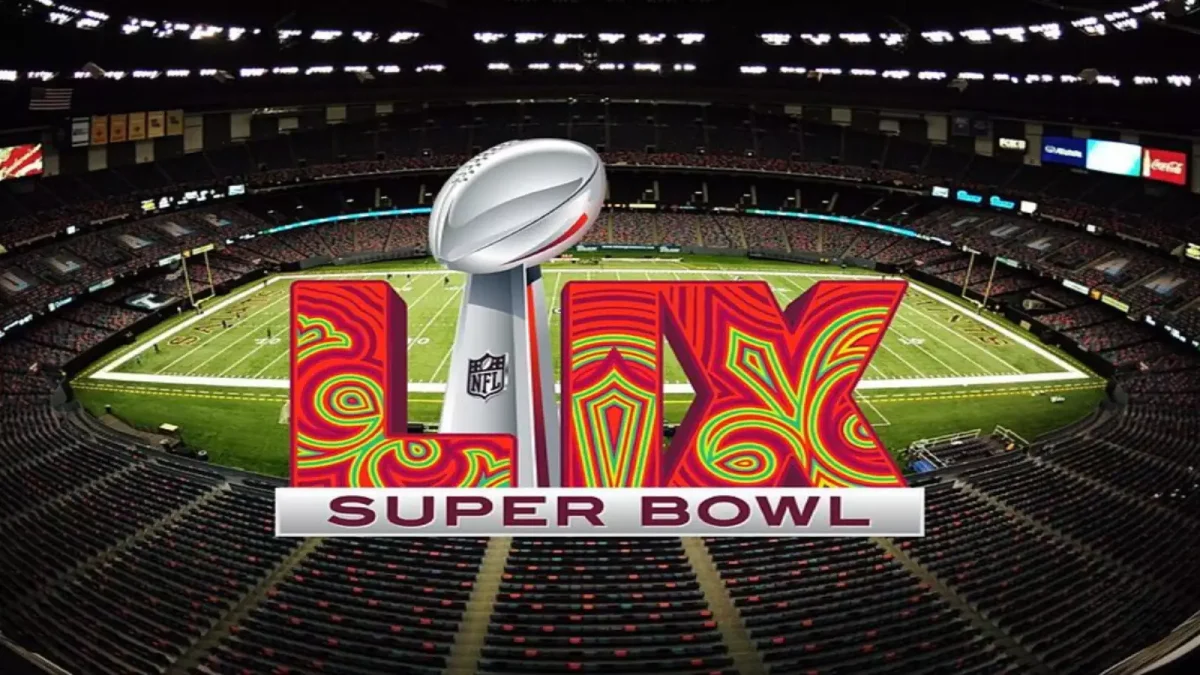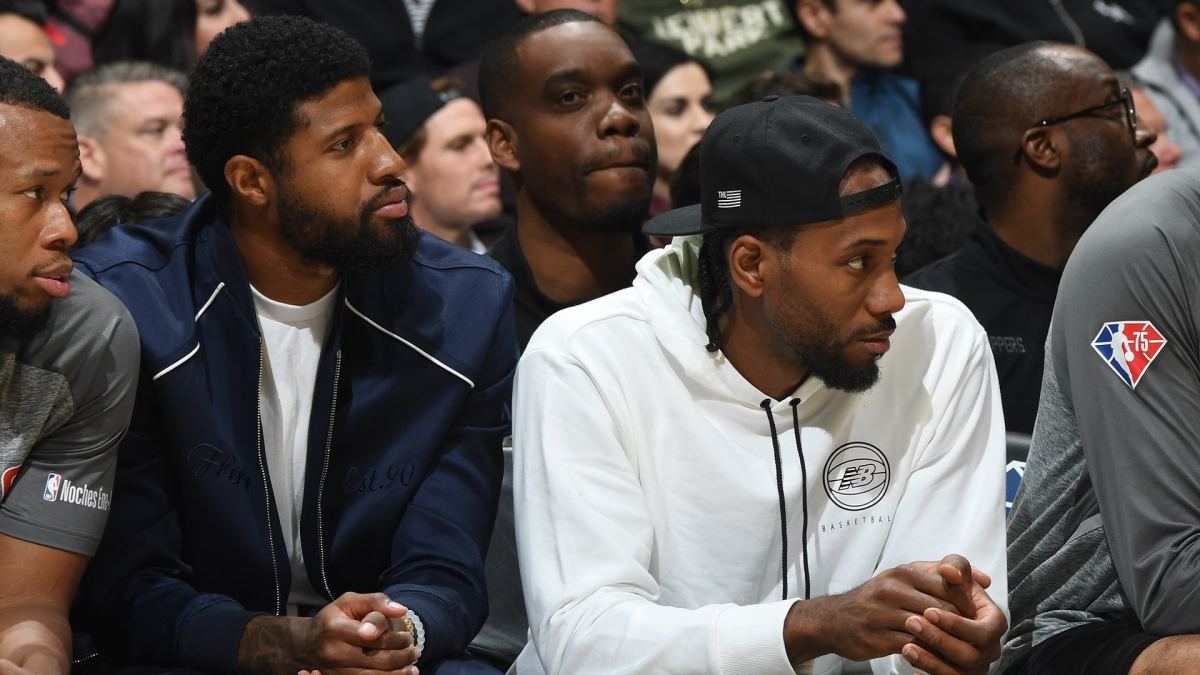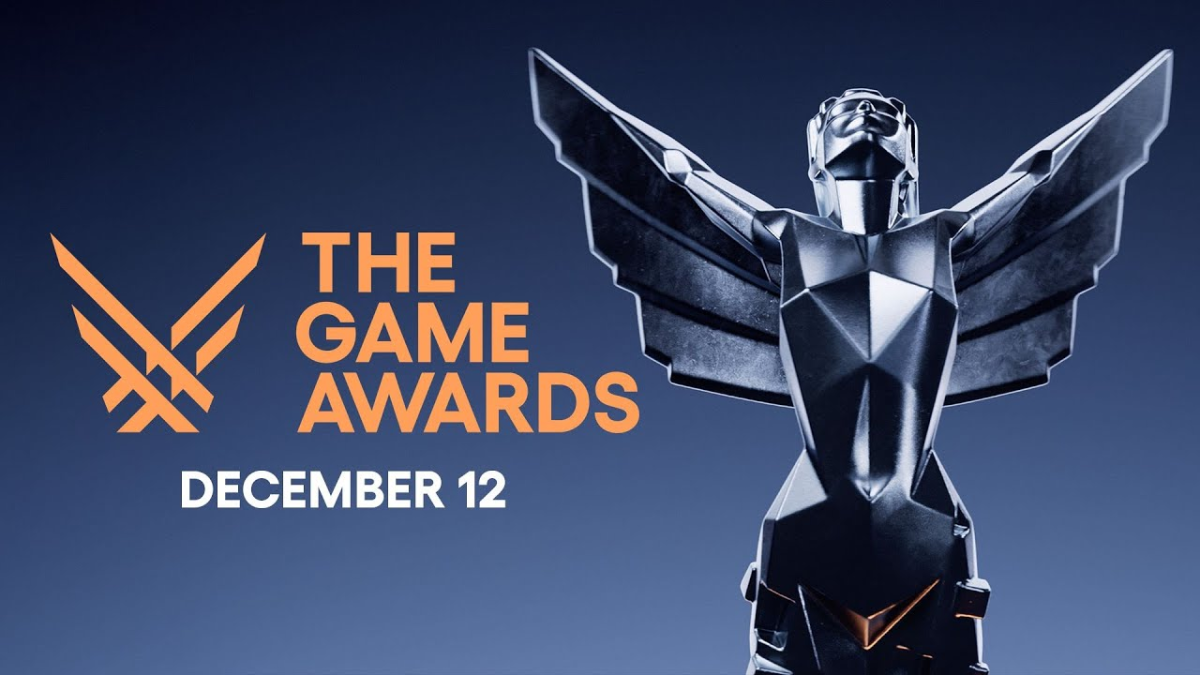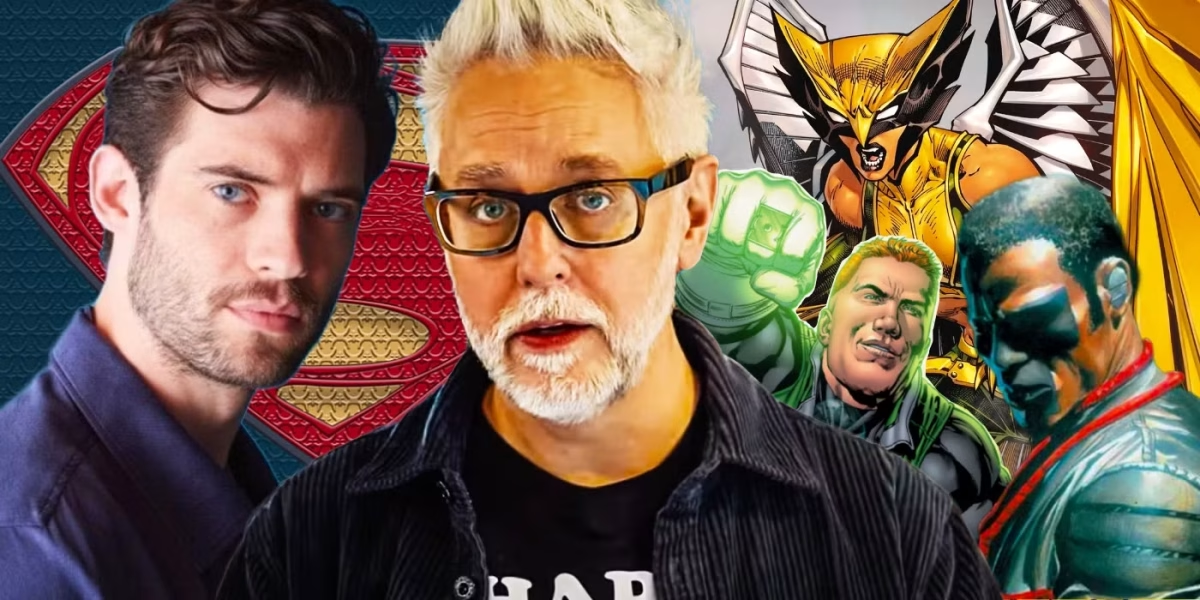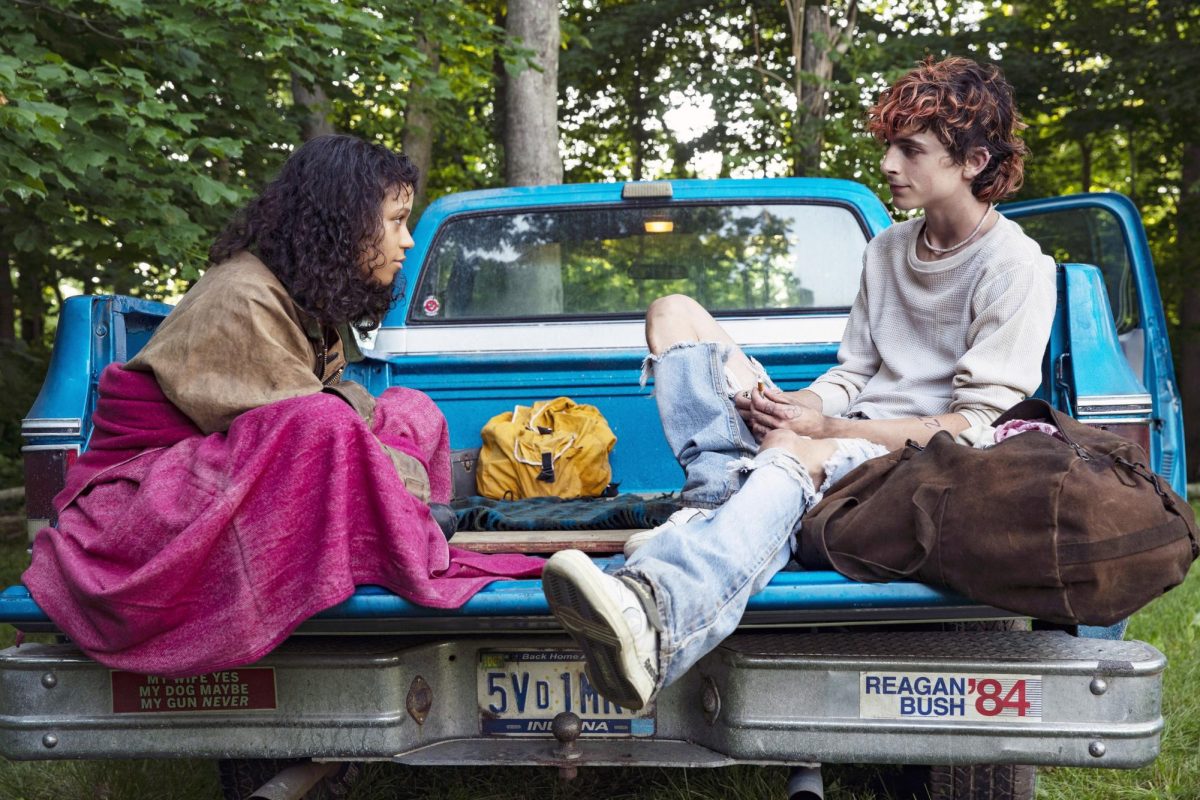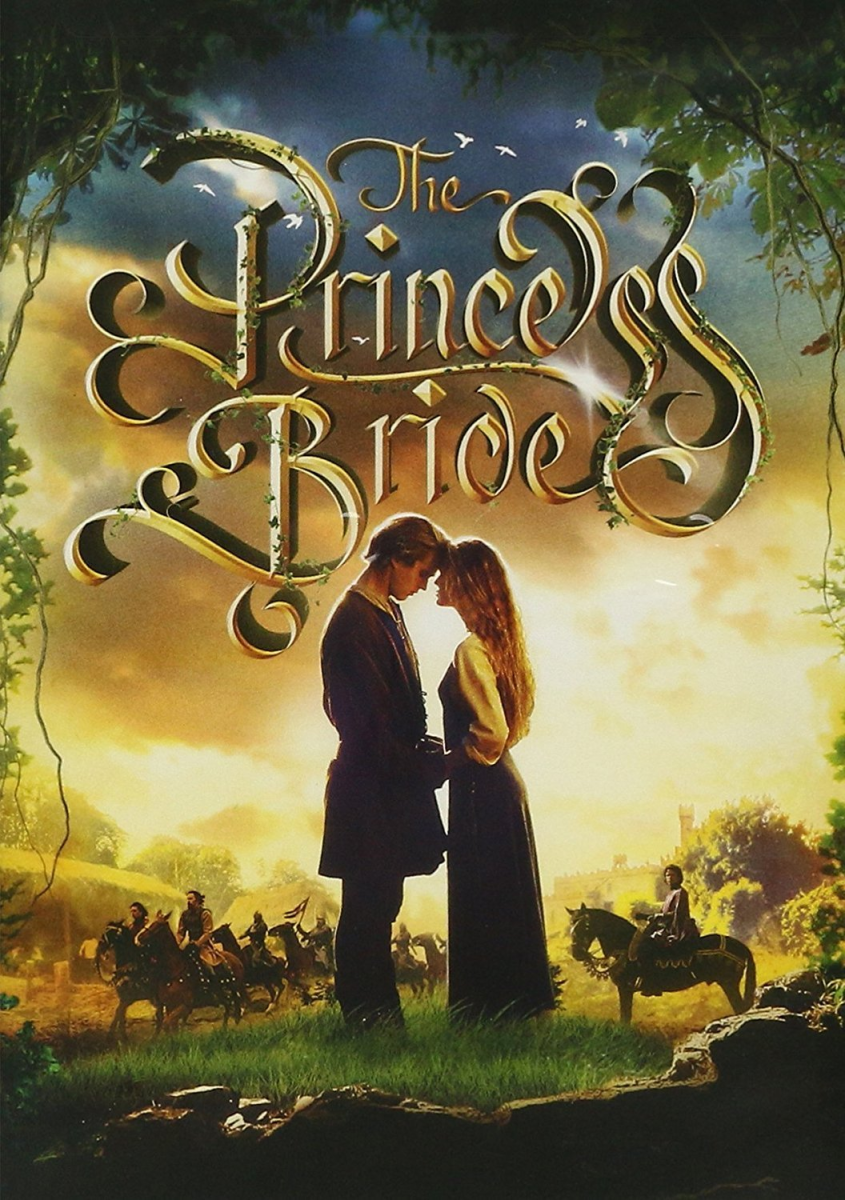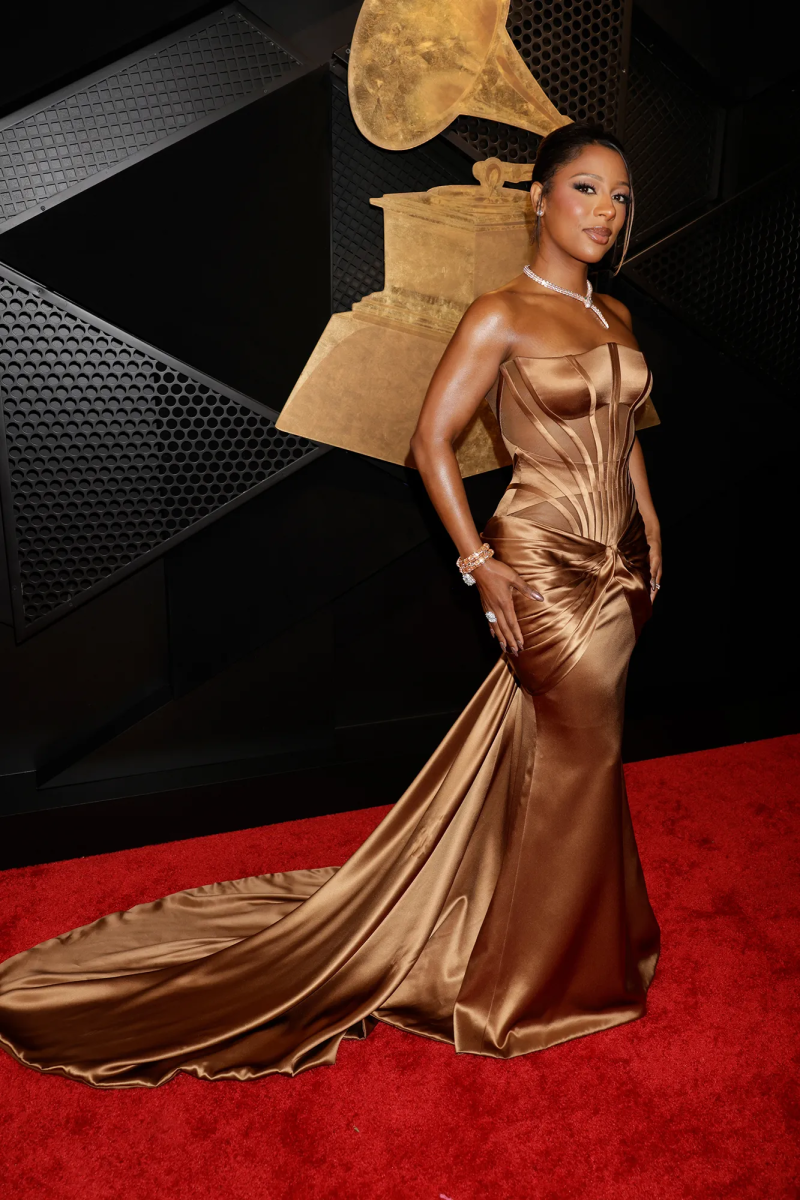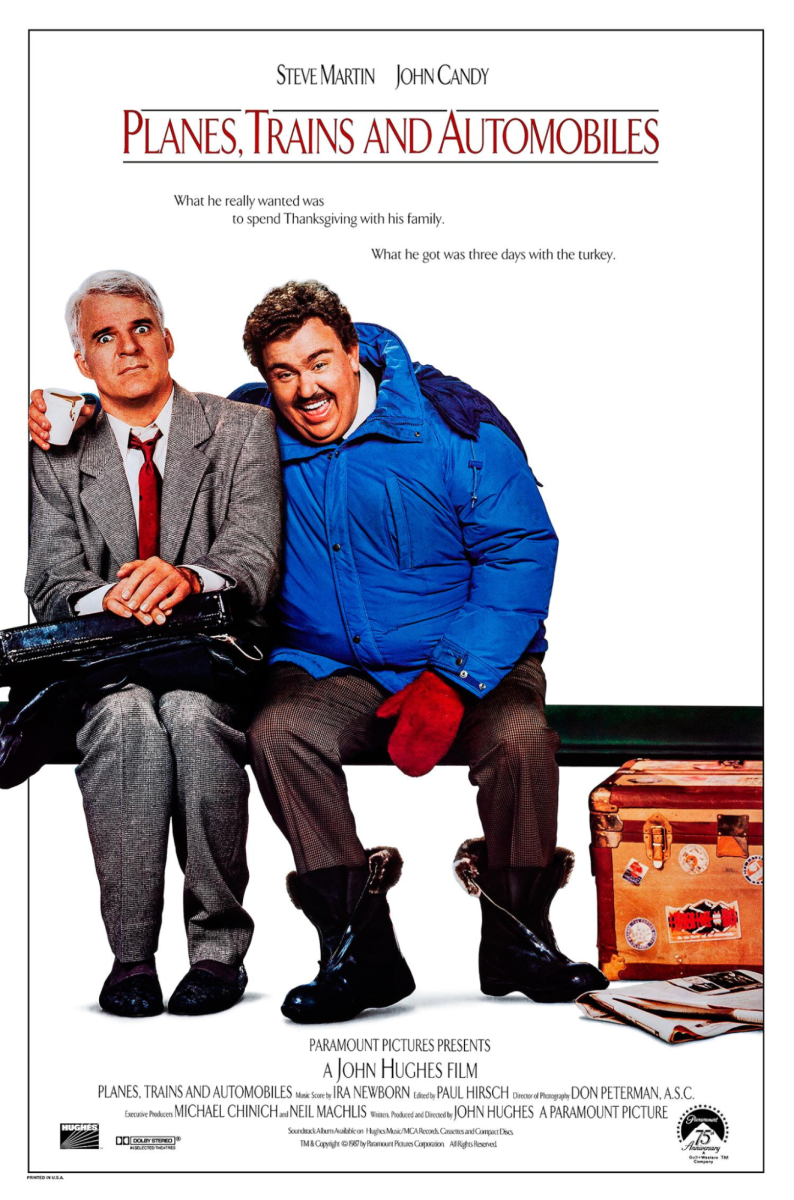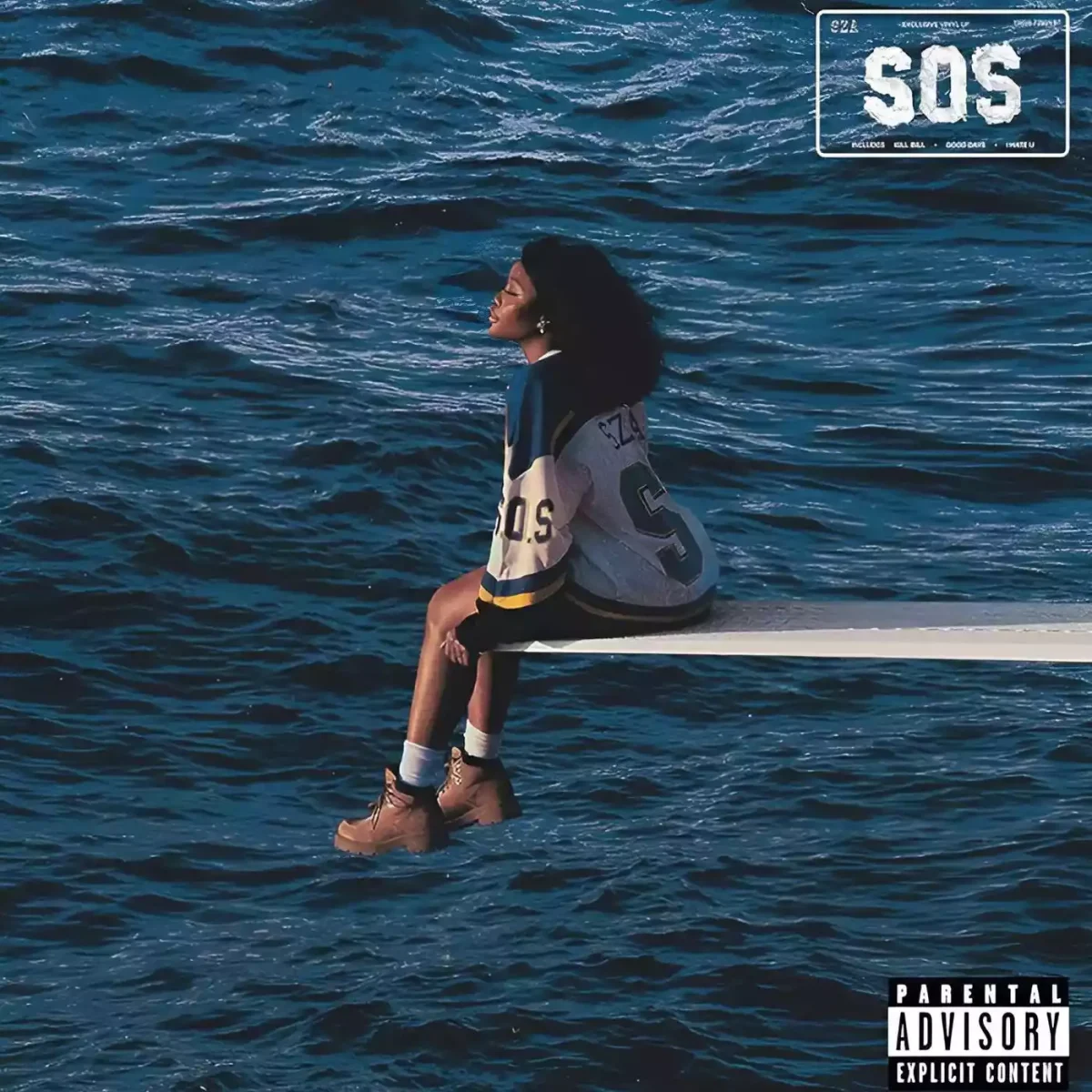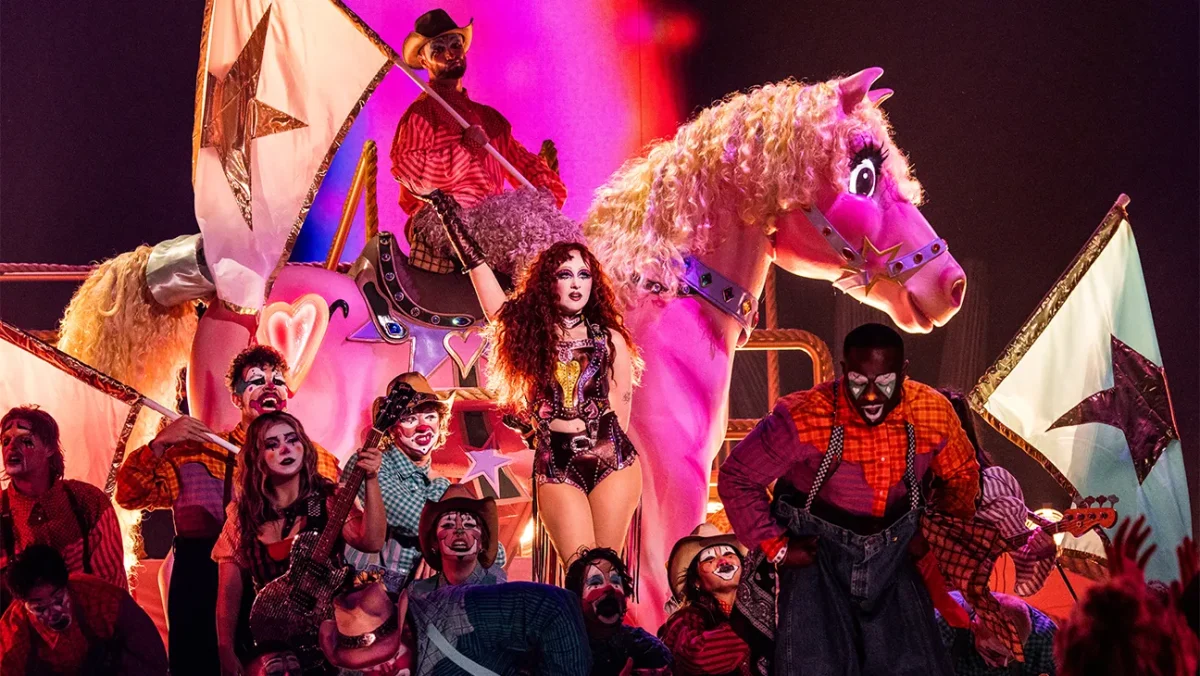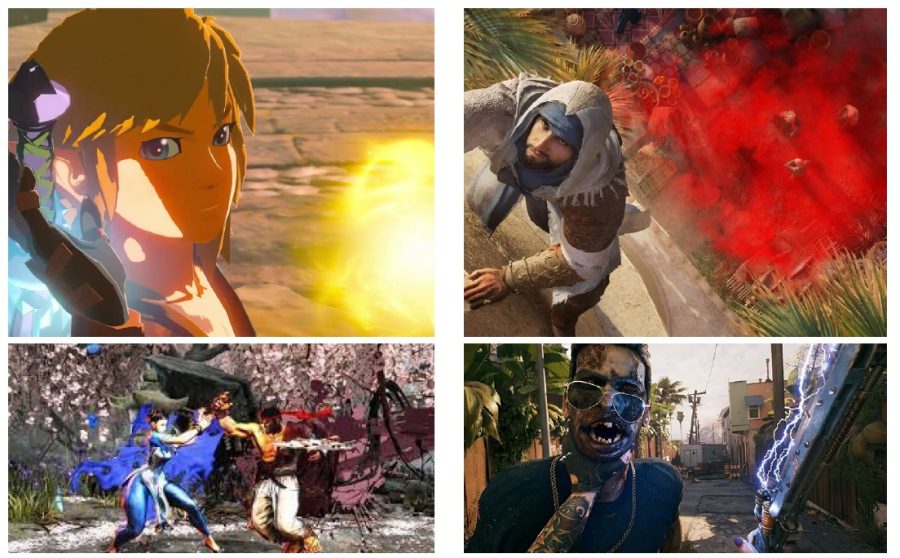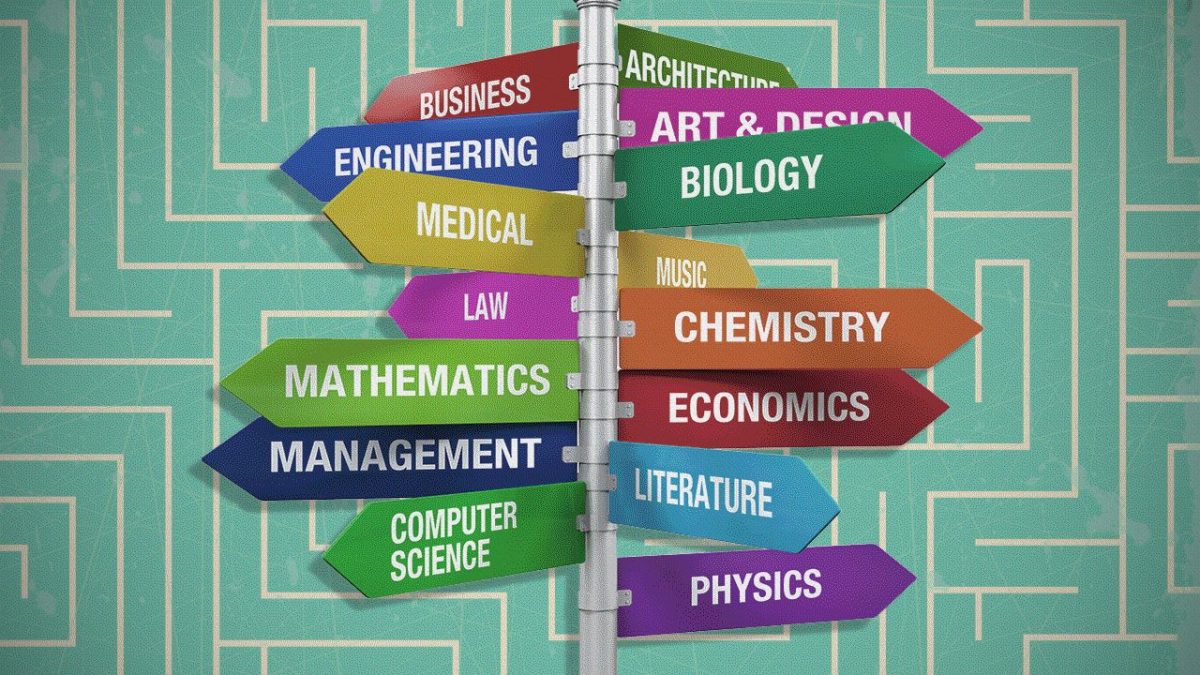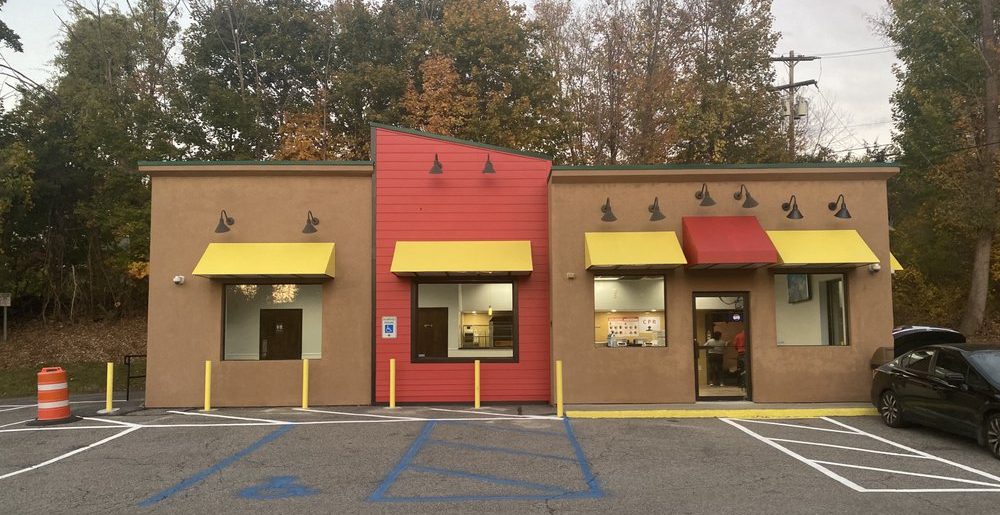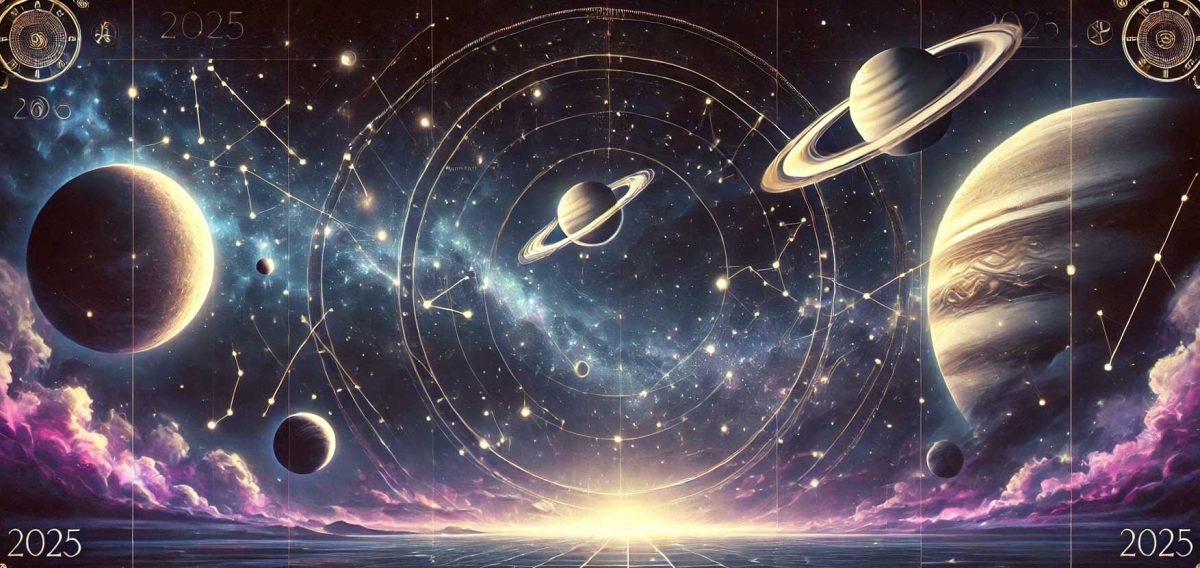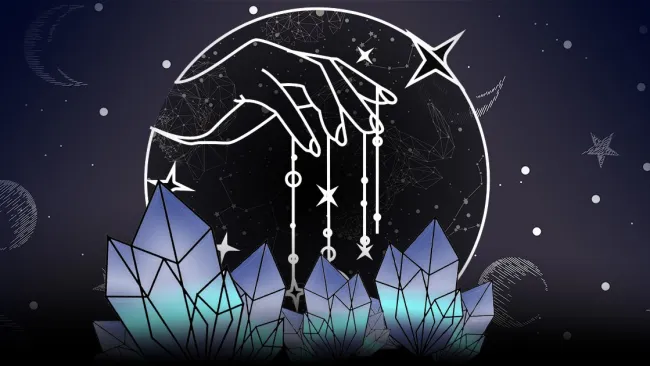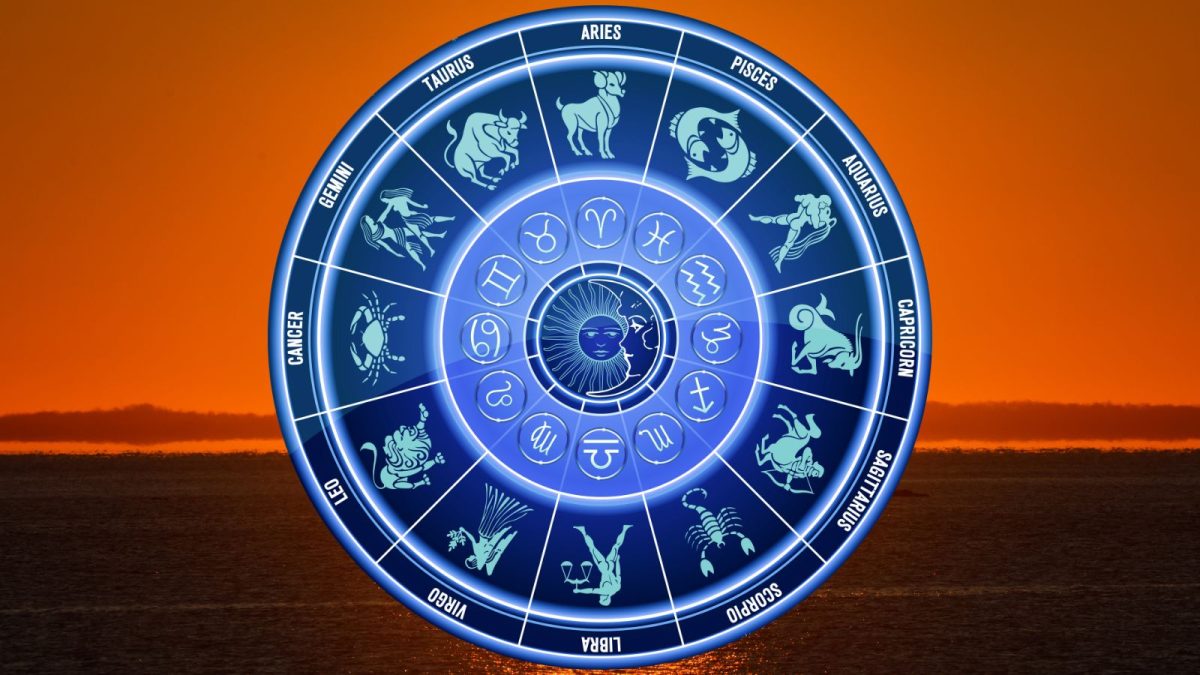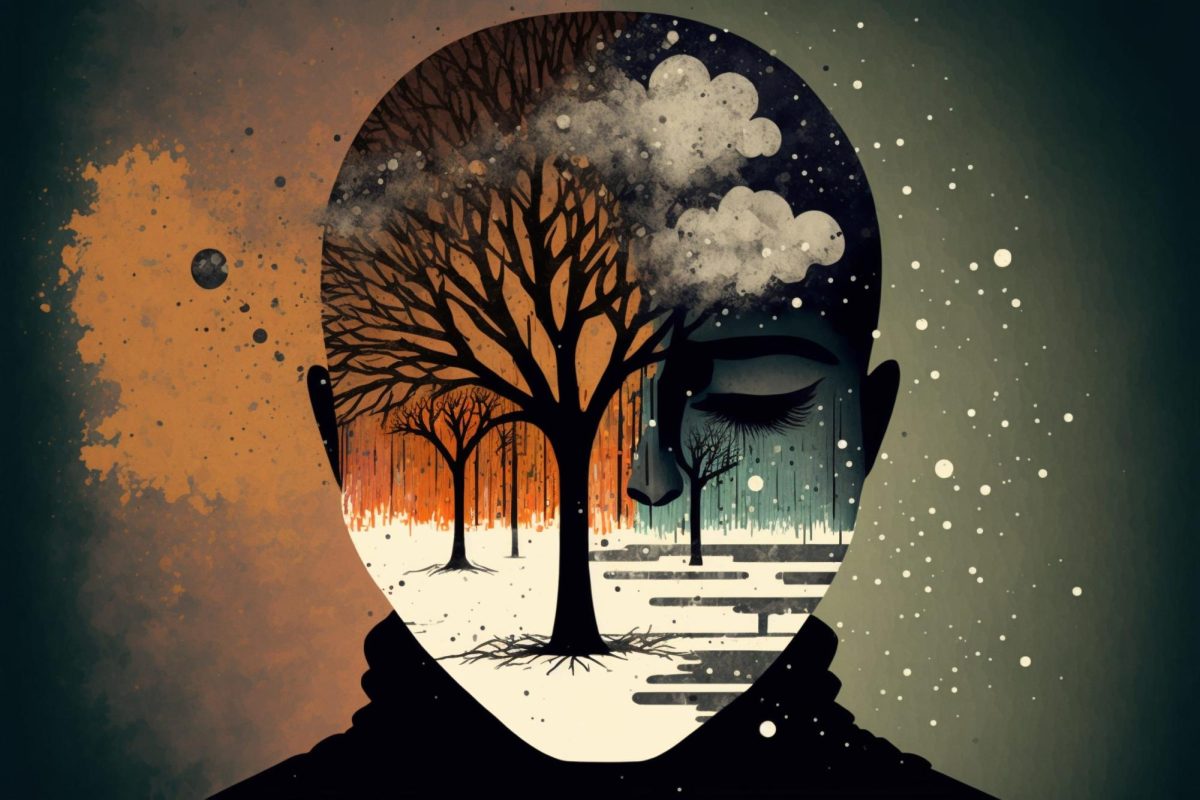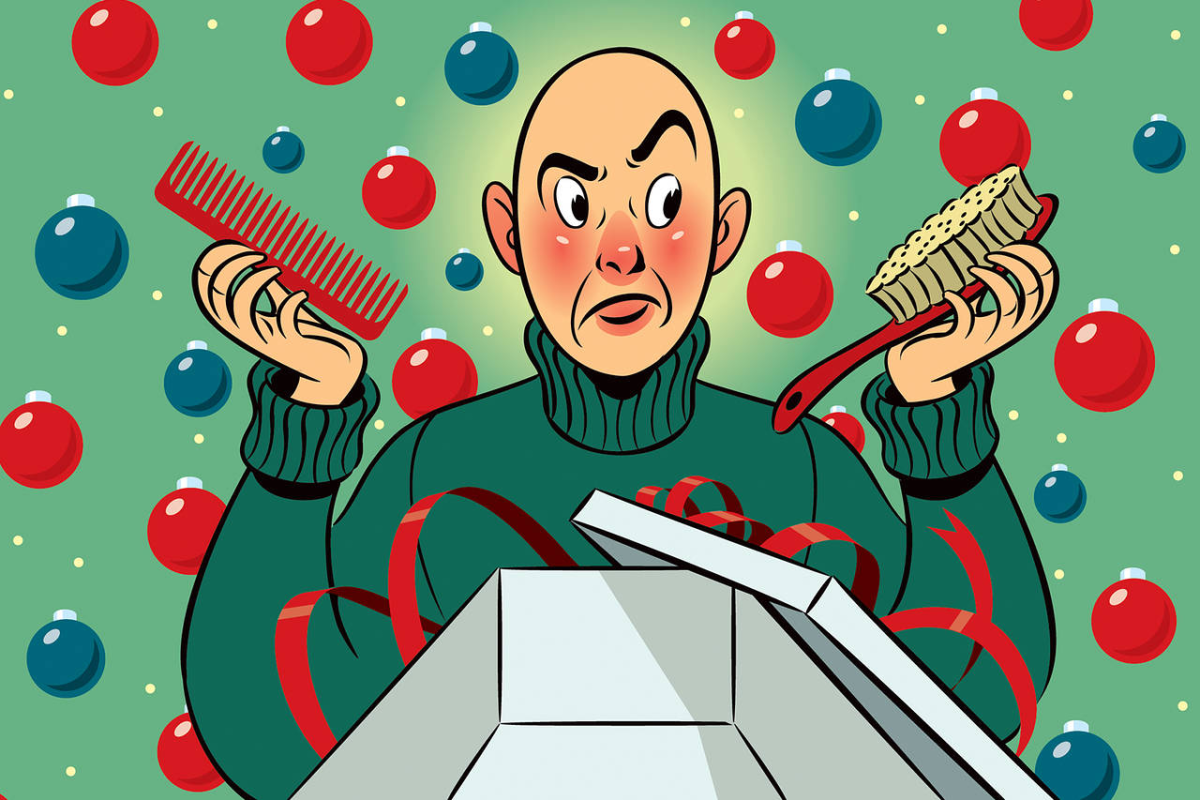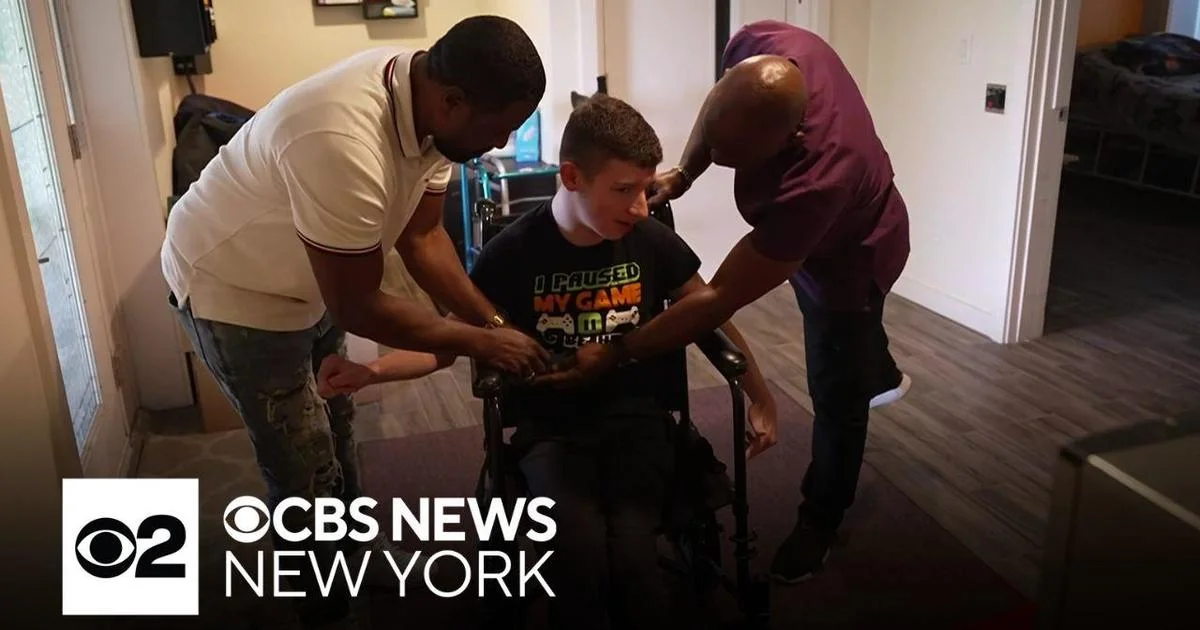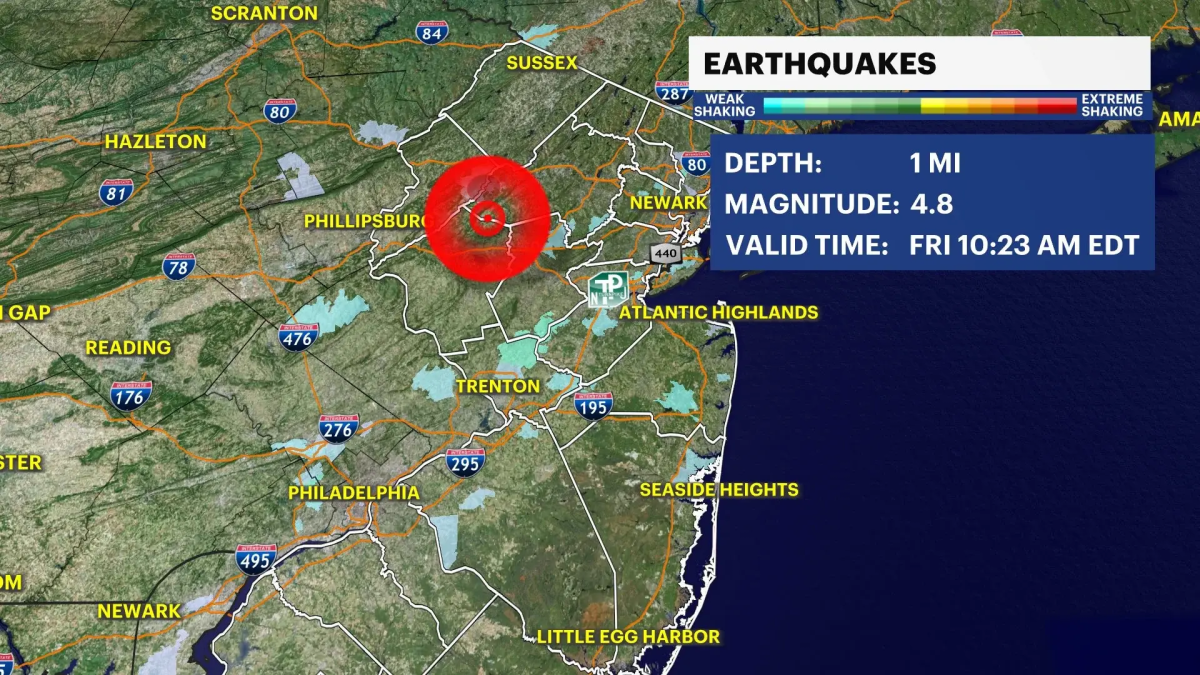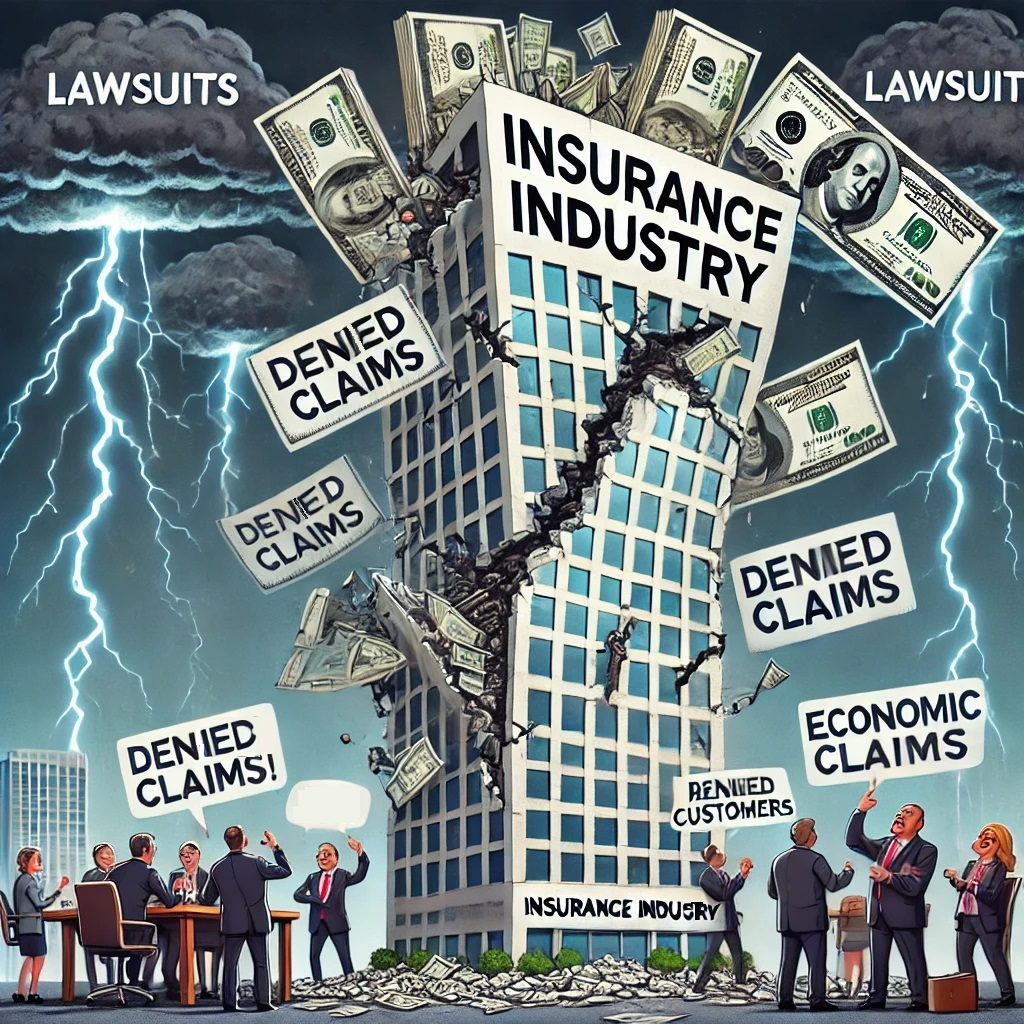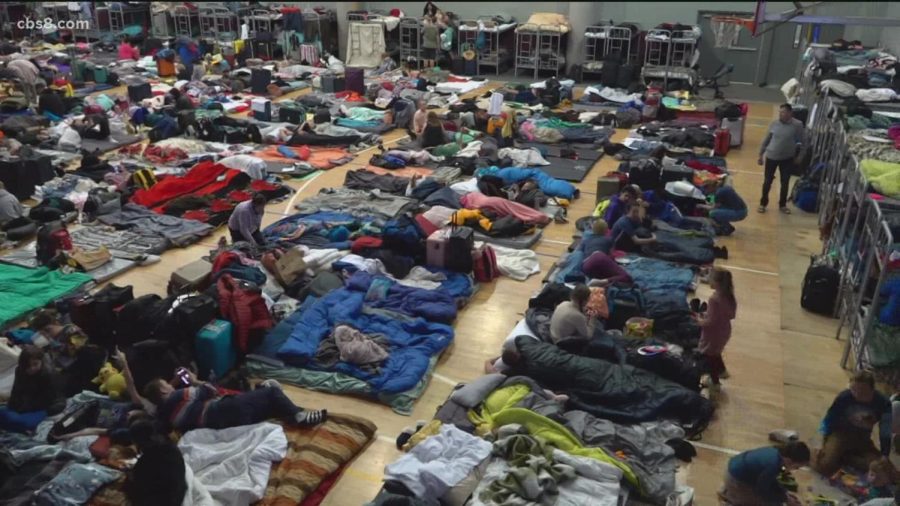Following Warner Brothers merging with Discovery, WB got a new CEO: David Zaslav. Zaslav is controversial for his decision to cut most WB projects that were being worked on at the time, but he was aiming to save WB from its box office failures.
The DCEU (DC Extended Universe) started off relatively strong in 2013, with the release of Man of Steel. The movie was a darker and more modern adaptation of Superman, that was meant to contrast against the more lighthearted Marvel Cinematic Universe to set them apart. Sadly, the DCEU’s quality was incredibly inconsistent. It regularly swapped between flops like Suicide Squad and Batman V. Superman: Dawn of Justice (both criticized for having poor writing, and rushing character arcs), to movies like Wonder Woman and Aquaman that regularly get praise to this day for their adaptations of the famous characters.
Notably, the release of a 2017 Justice League movie seemed to be the most divisive in the series. The movie felt rushed, like it was trying to copy the Avengers without setting the proper groundwork like the MCU had. Once it had become clear that the movie wasn’t actually the vision of the original writer Zack Snyder, controversies arose. Some wanted to see Snyder’s plan fully brought to fruition, while others thought he had mis-characterized the famous superheroes to an absurd degree.
The divide in the fanbase made it hard for WB to find who to appeal to. They tried to get the approval of three different audiences: ones who wanted just to have a fun superhero movie, ones who wanted to see Snyder’s vision for the DC characters, and ones who wanted to see comic book accurate depictions of their favorite characters.
This led to the DCEU falling further off of the wagon. They poorly balanced together movies, all made with different intents and yet the studio interfered with almost all of them to try and appeal to everyone. WB meddled in all of the universe, from movies made by James Gunn that focused less on simple quips in their humor, and rely more on darker jokes often including gratuitous violence, to movies like Shazam: Fury of the Gods that focused more on trying to copy the formula of the more successful MCU.
This culminated in a streak of 5 box office flops in a row: Black Adam, Shazam: Fury of the Gods, The Flash, Blue Beetle, and Aquaman: The Lost Kingdom.
In order to specifically break DC from its less-than-ideal streak of movies, Zaslav chose to reboot the DCEU to the DC Cinematic Universe (DCU). He decided to put James Gunn, writer/director of the Peacemaker TV show and of The Suicide Squad (the two most praised DC projects in recent memory), in charge of the DCU.
The legacy of the DC movies puts Gunn in a tight spot, as he has to win back the respect of not only fans who have dedicated their free time (and typically a lot of money) to their favorite comic book characters, but also the interest of the general public.
The DCU has technically already begun with the HBO Max series Creature Commandos, and will continue with the 2025 movie Superman (which released a teaser trailer on December 19th). Further ahead on the slate, a tv-show called Lanterns (focusing on a set of two members of the Green Lantern corps trying to solve a crime) and a movie called Supergirl: Woman of Tomorrow (based off of a comic book written by Tom King) both began shooting last month.
He also aims to have more than just your typical superhero action comedy blockbusters. From shows like Lanterns with more of a detective-type story, to movies like Mike Flanagan’s 2026 Clayface horror movie, Gunn is intent to accept any script offered to him as long as it is good enough.
Overall, James Gunn is less focused on trying to recapture the magic that Kevin Feige caught with the intertwined story of the MCU, and is instead focused on creating interesting stories with different tones and settings to truly explore and respect the long history and deep lore of the world of DC Comics. In his hands, we finally have hope.


